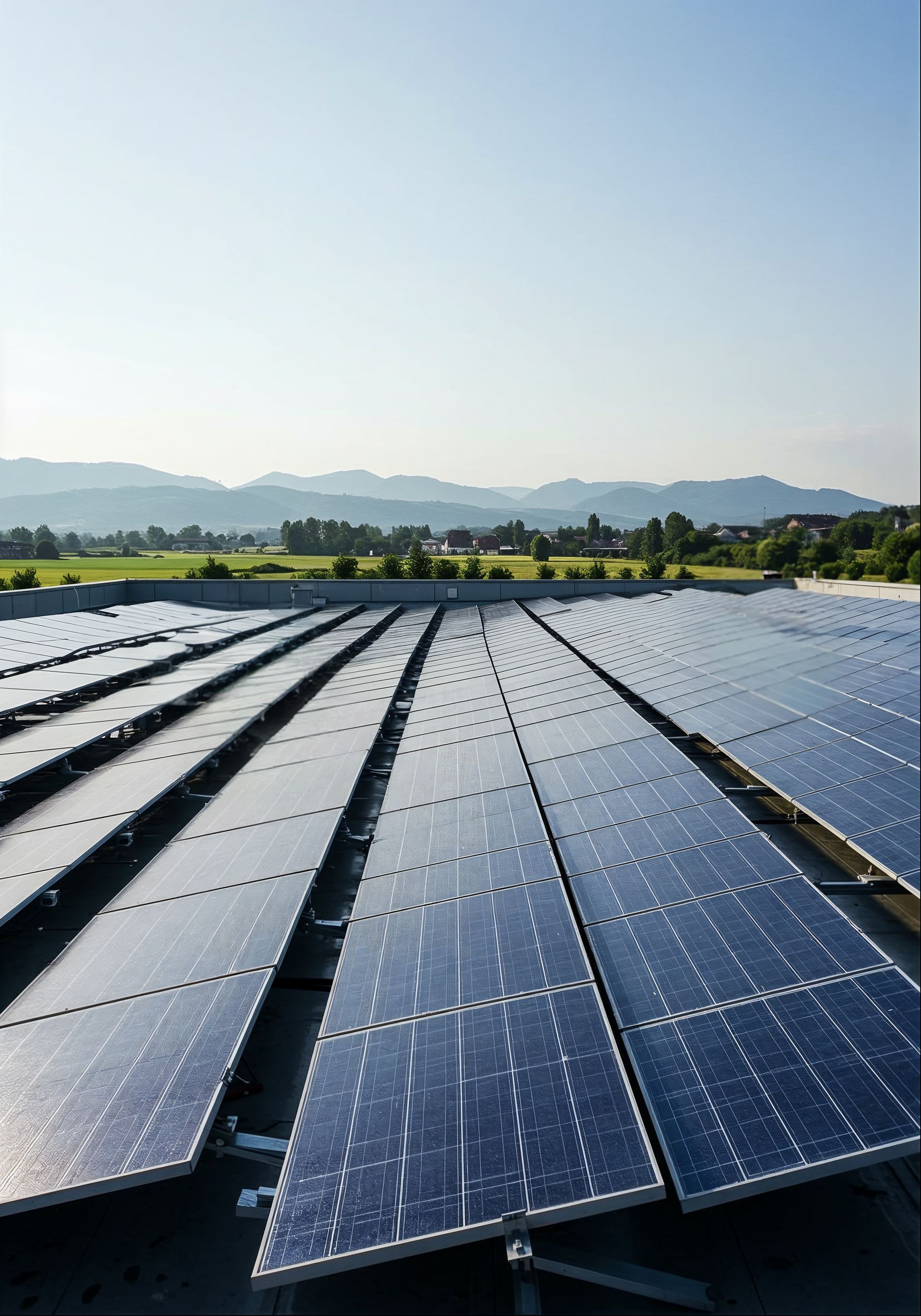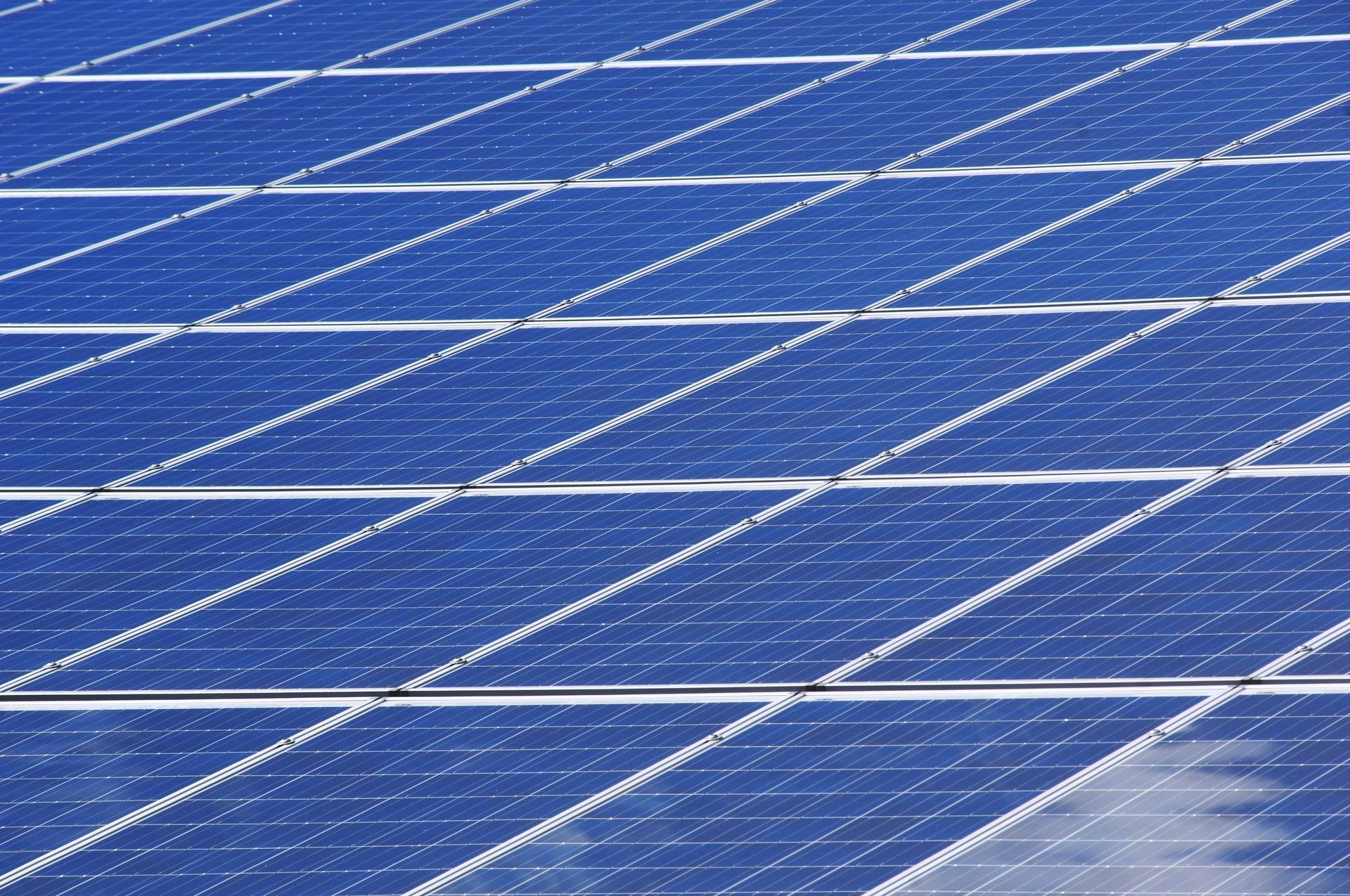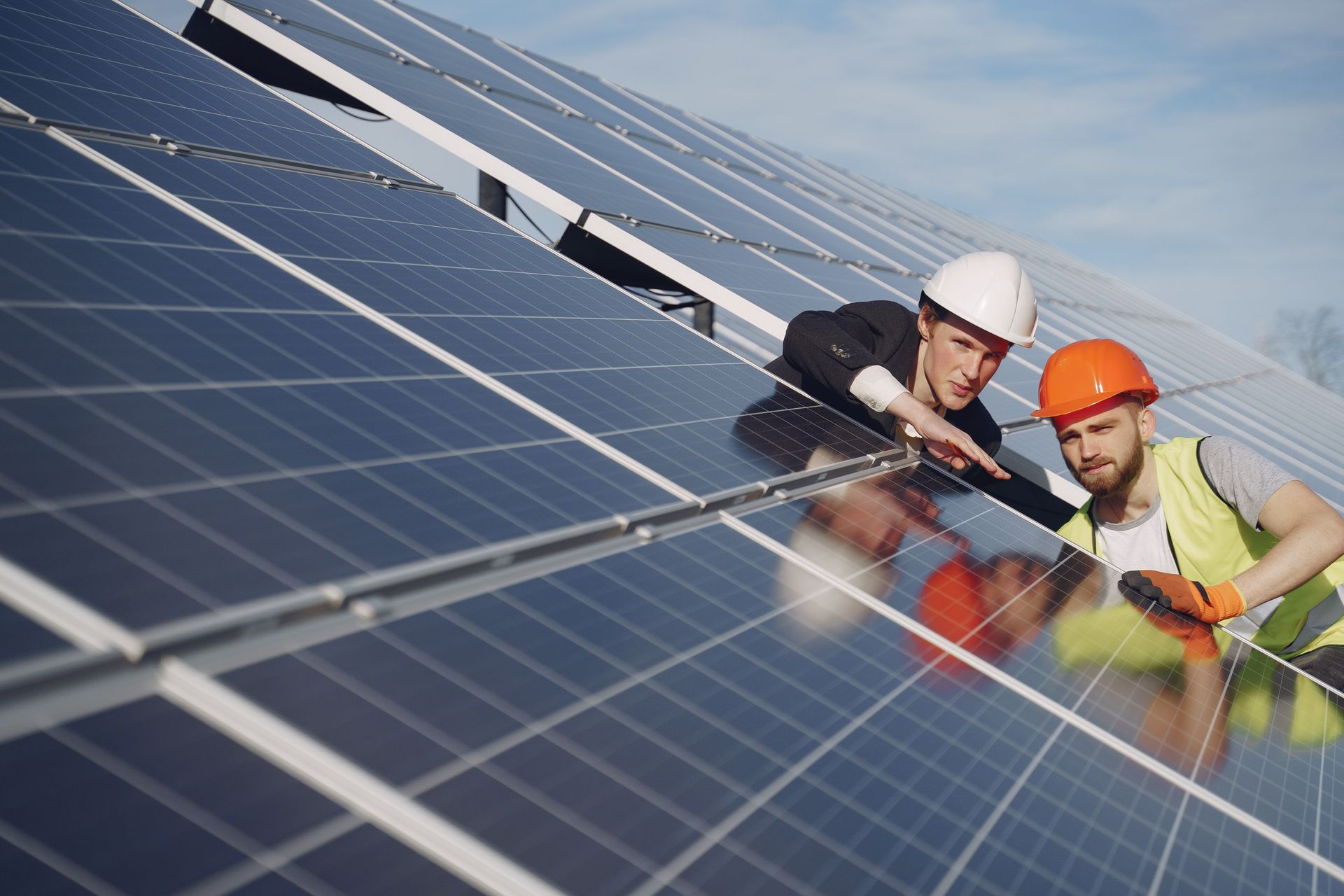When to Consider Solar Panel Repair or Replacement
Solar energy systems are incredibly reliable, but like anything living outside on your roof day in and day out, they can wear down over time. If your solar panels are no longer producing the energy they used to, or if your electric bill is mysteriously creeping up, it might be time to investigate further.
Knowing when to call in a professional for
solar panel repair or when to opt for a full
solar panel replacement can save you thousands in the long run. Let’s explore how to recognize trouble, what causes it, and when it’s time to make the call.
Signs Your Solar Panels Might Need Repair
Solar panels are built to last 25 years or more, but that does not mean they are immune to damage. Regular solar maintenance and awareness can keep your system running smoothly. Here are the top warning signs to look for.
Red Flags That Signal Repair Is Needed:
- A noticeable dip in power output: If your panels are producing less energy even on sunny days, it is time to investigate.
- Your electric bill is higher than usual: One of the clearest signs that your solar energy system is underperforming is a spike in energy costs.
- Physical damage to the panels: Cracks, chips, cloudiness, or broken glass can all affect performance.
- Loose or exposed wiring: If wires are dangling or look corroded, that’s a serious safety hazard and a sign that your system needs attention.
- Unusual noises or system alerts: Buzzing sounds or error messages from your inverter should not be ignored.
Catching these early can keep minor problems from becoming major ones and help extend the life of your panels.
When Solar Panel Repair Makes Sense
Not every issue means you need to replace your entire system. Often, repairing one component can restore your solar energy system to full capacity.
Choose repair when:
- Only a few panels are affected while the rest of the system is fine
- Inverters or other external parts are the source of the problem
- Your panels are still under warranty
- Physical damage is minimal and limited to surface components
- You’ve noticed performance issues but caught them early
In many cases, a quick repair can resolve the problem without requiring expensive equipment replacements. Professionals can test each component individually to pinpoint the issue.
When to Consider Solar Panel Replacement
There comes a point where repairs are no longer cost-effective. If your system is older, significantly damaged, or simply not meeting your energy needs, it might be time for solar panel replacement.
Replacement might be your best option if:
- Your system is over 20 years old: Solar panel efficiency decreases slowly over time. After two decades, the difference can be significant.
- Your energy needs have changed: Added a pool? Electric vehicle? More people in the home? Your current system might not be enough anymore.
- Damage is widespread: If multiple panels are cracked, delaminated, or failing, replacement is usually more economical.
- Technology has advanced: Modern panels are more efficient and compact. Upgrading could mean fewer panels with better output.
- Your inverter and panels are both failing: Replacing both at once makes sense if they are aging together.
While replacing your panels is a bigger investment than a simple repair, it can also mean better long-term savings if your current system is dragging behind.
How to Maximize the Life of Your Solar Energy System
The best way to avoid costly repairs or premature replacement is to take care of your system consistently. A little effort goes a long way in keeping your panels performing well for decades.
Solar Panel Care Tips:
- Schedule annual inspections: Have a pro check the integrity of panels, wiring, and mounting equipment once a year.
- Clean your panels twice a year: Dust, dirt, and bird droppings are the enemies of efficiency.
- Watch your energy output: Monitor your energy generation through your inverter or app to catch performance dips.
- Trim nearby trees: Shade can dramatically reduce panel output. Keep trees and branches in check.
- Act quickly on any warning signs: The sooner you deal with an issue, the cheaper and easier it usually is to fix.
Get Back to Full Power with Expert Solar Services
Need Solar Panel Help? Call Infinity Solar USA Today
If your solar panels are not performing like they used to, or if you’re dealing with visible damage, it is time to call the experts. At Infinity Solar USA, we provide professional solar panel repair and HVAC services across Oregon, Arizona, New Mexico, Texas, and many other states nationwide.
Call us today at
800-818-0598 to schedule an inspection or to get a custom quote. Our experienced team will walk you through your options, explain the process clearly, and help you make the right decision for your home. Whether your system needs a simple fix or a full upgrade, we are here to keep your solar energy running strong.
Frequently Asked Questions (FAQ)
How long do solar panels typically last?
Most panels last between 25 and 30 years. That said, performance gradually declines over time.
Is it better to repair or replace damaged panels?
If only a few panels are affected and your system is relatively new, repair is usually best. If the system is old or multiple parts are failing, replacement is more cost-effective.
How do I know if my solar panels are working properly?
You can track energy output through your solar inverter or a monitoring app. Sudden drops in output or unexpected energy bills can indicate a problem.
Are solar panel repairs covered under warranty?
Many panels come with 20 to 25-year performance warranties. Labor warranties may be separate. Always check your documentation.
Can I clean or repair solar panels myself?
You can gently clean them with water and a soft brush, but never attempt electrical repairs yourself. Always call a licensed solar professional for system issues.
More Blog Posts
More Guides For You From Our Help Center
Service and Troubleshooting
Understanding your solar system performance
How to schedule a repair
Solar Financing and Incentives
How does net metering work?
- How Net Billing Works (And Why Export Credits Are Your New Best Friend)
- How "Buy All, Sell All" Works in Solar (And Why It’s a Great Deal for You)
- How Monthly Net Metering Works (Spoiler: It’s Like a Bank for Your Energy)
- What is Net Metering and Why It Matters in the Solar Industry?
- What Is 1:1 Net Metering, and Why Should You Care? (Hint: It’s Awesome)
Solar financing. Understanding your options
- Explore Your Financing and Cash Options for Going Solar with Infinity Solar USA
- Commercial Solar Solutions: What You Need to Know from Infinity Solar USA
- Solar Installation Costs and Financial Incentives: What You Need to Know from Infinity Solar USA
- Why Solar Loans Reamortize in Month 19: A Closer Look
System Performance
How to optimize your solar systems performance
How peak sun hrs works in solar
How does roof pitch and orientation affect solar production?
How shading and irradiation affect solar production
Solar 101
Understanding your solar energy savings
Different purchase options:
How do I save money with solar?
Solar Process
Step 1 Proposal Introduction
Step 2 Construction Pipeline Process
Step 3 Permission to Operate
Service and Troubleshooting
Understanding your solar system performance
How to schedule a repair
Solar Financing and Incentives
How does net metering work?
- How Net Billing Works (And Why Export Credits Are Your New Best Friend)
- How "Buy All, Sell All" Works in Solar (And Why It’s a Great Deal for You)
- How Monthly Net Metering Works (Spoiler: It’s Like a Bank for Your Energy)
- What is Net Metering and Why It Matters in the Solar Industry?
- What Is 1:1 Net Metering, and Why Should You Care? (Hint: It’s Awesome)
Solar financing. Understanding your options
- Explore Your Financing and Cash Options for Going Solar with Infinity Solar USA
- Commercial Solar Solutions: What You Need to Know from Infinity Solar USA
- Solar Installation Costs and Financial Incentives: What You Need to Know from Infinity Solar USA
- Why Solar Loans Reamortize in Month 19: A Closer Look
System Performance
How to optimize your solar systems performance
How peak sun hrs works in solar
How does roof pitch and orientation affect solar production?
How shading and irradiation affect solar production
Solar 101
Understanding your solar energy savings
Different purchase options:
How do I save money with solar?
Solar Process
Step 1 Proposal Introduction
Step 2 Construction Pipeline Process
Step 3 Permission to Operate



